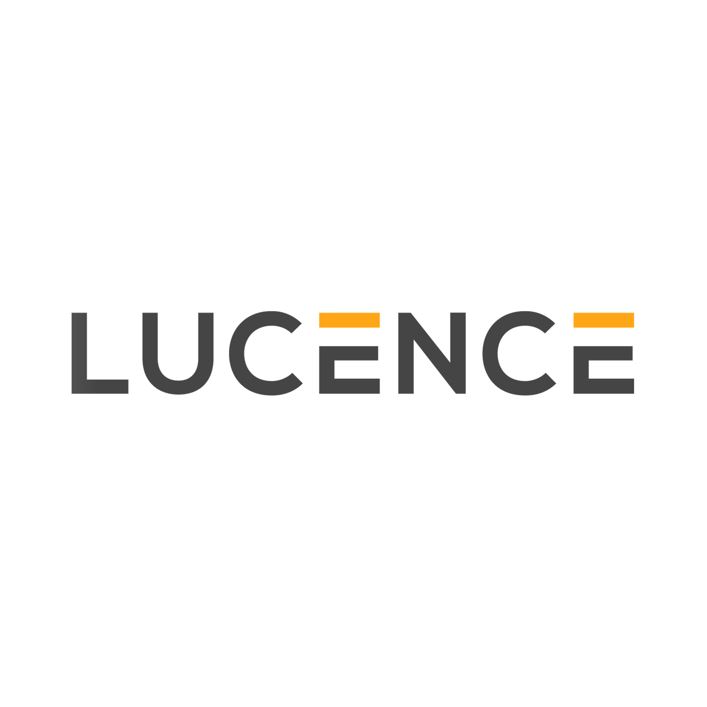Lucence is a precision oncology company headquartered in Singapore that specializes in non-invasive early cancer detection. Operating dual laboratories in Singapore and Silicon Valley, Lucence is recognized as the first Asian-headquartered healthcare company to receive Medicare coverage.
Join us in bringing ultrasensitive early cancer detection to more people by being part of the team as a Research Scientist.
[Key Responsibilities]
- Drive development and automation of novel next-generation sequencing workflows or genomic medicine technologies.
- Propose, design, plan, execute, and interpret laboratory experiments to implement new molecular assays and improve current assays.
- Design, plan, and lead studies for analytical and clinical verification and validation.
- Author, review, and maintain internal workflows and protocols of validated molecular diagnostics assays.
- Analyse genomic data and publish/present work in peer-reviewed journals and international conferences.
- Collaborate closely with top-tier scientists, doctors, bioinformaticians and software engineers to develop new technologies and/or assays.
To be a good fit for this role, you would have:
- A PhD in Molecular Biology, Cancer Biology, Genomics, or related field.
- A proven track record of quick learning.
- Strong background in molecular biology, including PCR, RT-PCR, genotyping and NGS.
- At least 1 years of working experience in the development of molecular assays, with significant hands-on expertise in troubleshooting, implementing, and optimising assays.
- Strong self-motivation, resilience, adaptability, and a keen interest in learning. You will be working with world-class scientific and medical expertise, and be ready to be challenged every day.
- Excellent communication and presentation skills.
The following would be advantageous, but not required:
- A deep understanding and knowledge of oncology and/or genomics.
- Proficiency in R or Python.
- Experience in validation of NGS assays in a CLIA-compliant manner.
- Fluency in variant annotation and interpretation and use of genome databases such as COSMIC, ClinVar, Varsome, Ensembl, and OncoKB.
- Ability to interpret genomic data in patient- and treatment-specific contexts.
- Good track record of publications.
Specific title and responsibilities may be calibrated to match a given candidate’s experience.





